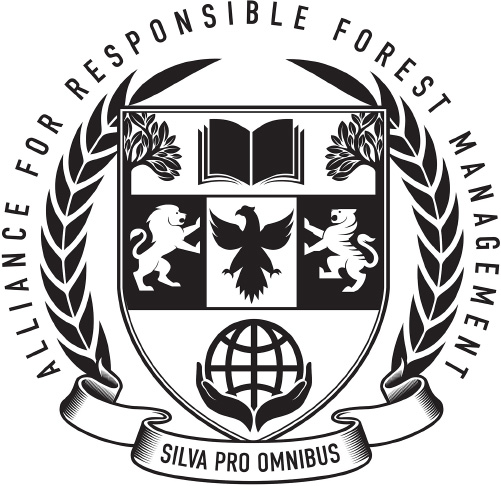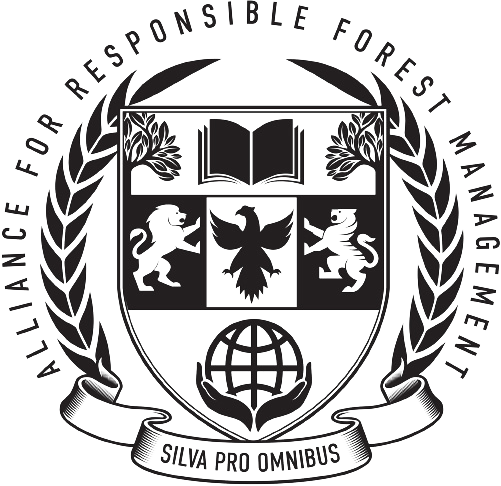Call to Action
- Promote the implementation of regional-specific best practice material utilising over 30 years of peer-reviewed research and applied knowledge in tropical forest management.
- Foster holistic, continuous, and responsible forest management on the ground by capturing proven, localised best practice approaches for all types and scales of commercial forestry.
- Provide forestry education to the private, civil, and public sectors, which includes multidisciplinary topics and holistic management of forests, including sustainable yield, silviculture, forest restoration and conservation, community forestry and rights-based approaches, and forest management at the landscape level.
- Support continuing education and extension training to practitioners, certification bodies, auditors, government agencies and private sector forest organisations, including upper management and Directorship.
- Nurture stakeholder engagement and partnerships through the dissemination of information, facilitating networking and fostering collaborative action amongst stakeholders and communities.
- Support international Conventions, Agreements, and commitments through education and training, including the recent decisions at COP 26 to halt and reverse deforestation by 2030 and safeguard biological diversity in tropical forests, including the Kunming-Montreal Global Biodiversity Framework agreed in late 2022 under the Convention for Biodiversity.
Strengthening through Continuous Education
- Strengthening knowledge, education and awareness programmes to promote a better understanding of the relationships between forests, environmental sustainability, governance, and human needs.
- Partnerships and collaborations between education and research centres, governments, NGOs, private sector, international organisations and communities to promote and implement responsible forestry practices effectively.
- Development and implementation of innovative technologies can help improve the efficiency and responsibility of forest management practices.
- Effective policies and regulations to promote responsible practices, corporate governance, environmental services, legality and certification programmes and deforestation-free commodities.
- Collaboration with local and indigenous forest communities to regulate property rights, implement responsible practices and ensure benefits are shared equitably.


